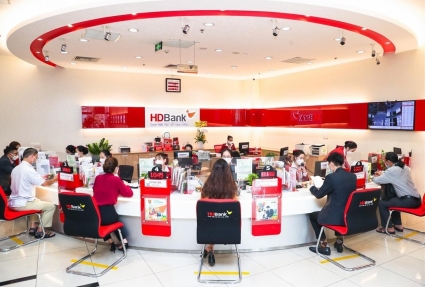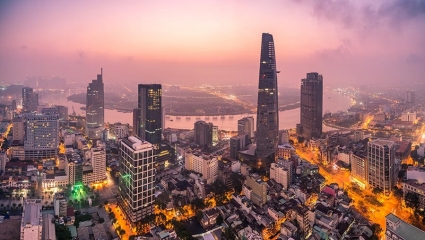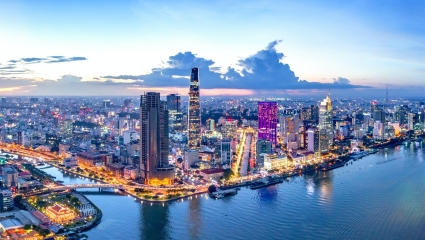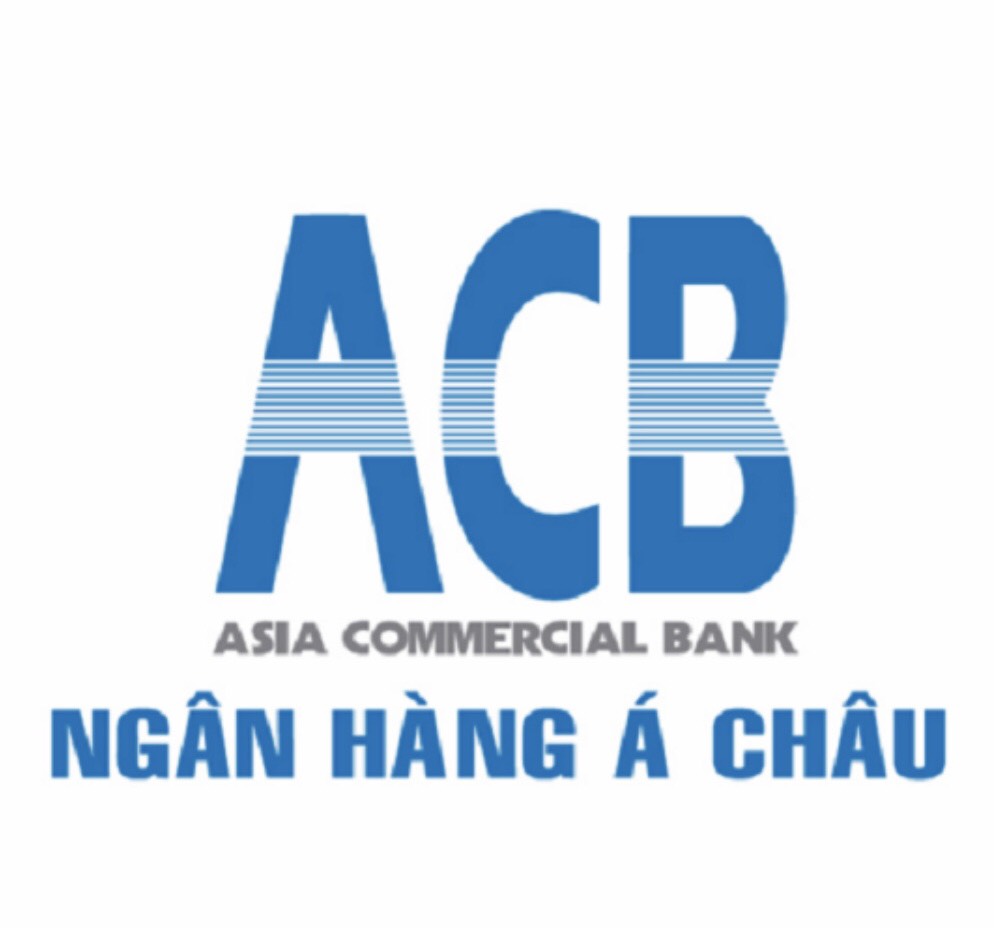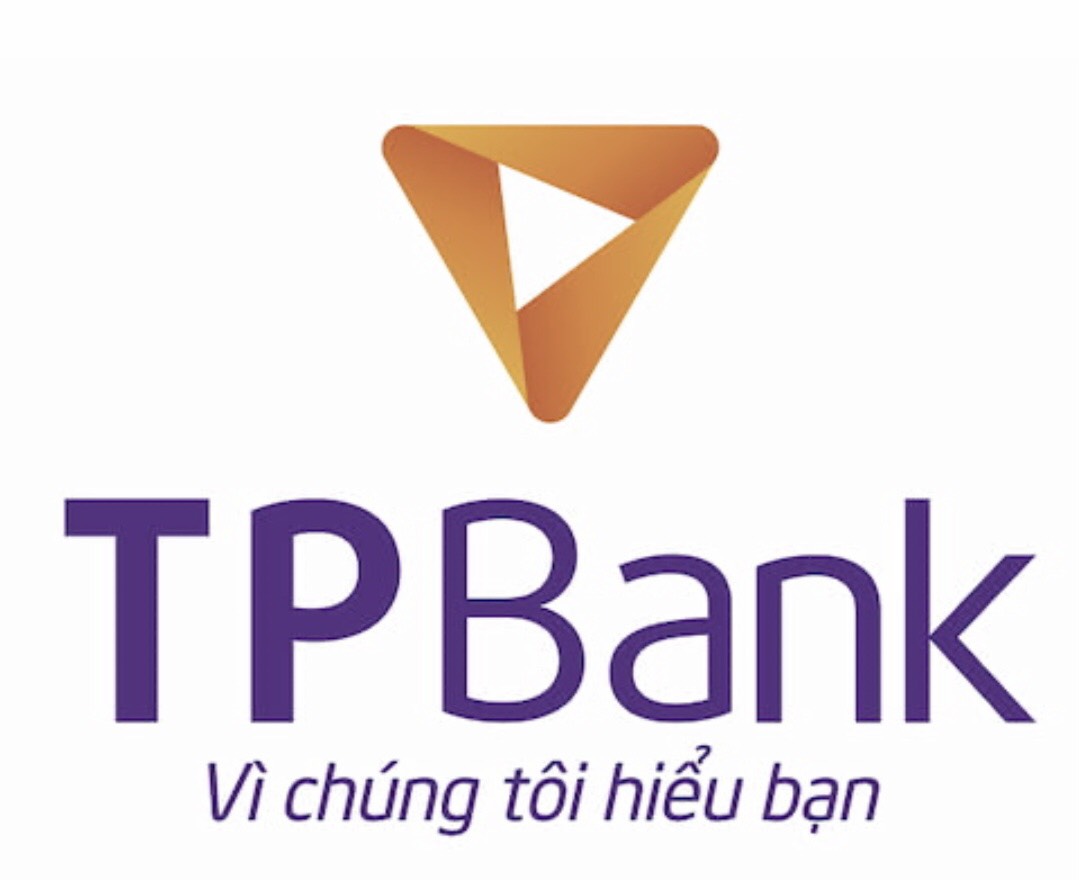Infrastructure Development Key to Vietnam ’s FDI Attraction, EuroCham Said
“Greetings all,
I am privileged to be here today as chairman of EuroCham, representing our more than 1,200 members throughout Vietnam. Considering EuroCham's role as the voice of European companies here in Vietnam, it is imperative that we keep our finger on the pulse of the country's investors and business leaders. As far as the current state of Vietnam's economy and the investment climate is concerned, I would like to share some of my thoughts.
We have all faced challenges personally, financially, and professionally over the last few years. I won't dwell on the specifics since it is a familiar story to all of us.
Hope was clearly high in Vietnam after the worst effects of the pandemic passed. Global markets were buzzing too, as the world economy grew 5.5% in 2021, its fastest rate since 1976. There was a renewed sense of optimism that we hadn't seen for some time.
Although optimism was understandable, the global economy had different plans.
After Russia invaded Ukraine, war and turmoil were brought to Europe's doorstep, and the global economy suffered a serious blow. The resulting spikes in energy prices have rippled throughout global markets, driving up commodity prices and disrupting supply chains. Consumer goods, textiles, electronic components, and so on are becoming increasingly expensive and hard to source. Developing, manufacturing-focused countries such as Vietnam are particularly vulnerable to these pressures.
It is likely that these impacts will intensify and accelerate as the war drags on. For the foreseeable future, risks and uncertainty will remain high.
We have also been watching our northern neighbor, China, continue lockdowns in the face of the new pandemic reality. Nearly 55% of Vietnam’s raw materials and accessories used in the textile, garment, and footwear industries are imported from China, according to the Ministry of Industry and Trade. For as long as China continues to pursue zero-COVID ambitions and forces its resulting logistics and supply bottlenecks, Vietnam will have difficulty obtaining essential inputs like electronic components, machinery parts, fabrics, and chemicals. This threatens Vietnam's export growth.
Global labor shortages further constrain growth. In 2022, the International Labor Organization predicts a global deficit in hours worked equivalent to the loss of approximately 52 million full-time jobs worldwide. Vietnam specifically struggles to fill the jobs needed to maintain rapid economic growth.
The combination of these factors has reduced investor confidence in Vietnam and around the world. In Q3 2022, the EuroCham Business Climate Index (BCI) showed continuously decreased confidence in Vietnam's investment climate, dropping to 62. There have also been downward revisions to international growth forecasts by the UN, The World Bank, the IMF and the OECD.
While global uncertainty persists, Vietnam's prospects are reassuring. Although The World Bank predicts a weak 2.8% global growth for 2022, Vietnam is expected to grow 7.2%.
This has been driven by Vietnam's young, dynamic, and increasingly tech-savvy workforce of 56 million, making it one of the world's largest labor forces in percentage and absolute numbers.
Considering Vietnam's high-quality and affordable labor offerings it's no surprise that foreign investors want to move manufacturing operations here. Export-oriented manufacturing and inbound foreign direct investment are driving Vietnam's economic growth. As of 2021, Vietnam's exports accounted for 19% of its GDP, an increase from less than 1% in 2010. In fact, the country's export market has now surpassed Malaysia and Thailand.
This has been illustrated by a wave of big name FDI projects. EuroCham-member LEGO is investing $1 billion in Binh Duong to build its forward-looking first factory in Vietnam and its second in Asia. Apple supplier Pegatron now plans to invest up to $1 billion here. Foxconn committed $300 million to upgrade its Bac Giang manufacturing facility. Samsung will begin manufacturing semiconductor parts in Vietnam in 2023, while Apple will manufacture its Watches here. According to the GSO, FDI implemented in the first 9 months of 2022 totaled $15.43 billion, representing a 16.3% increase over the same period last year, the highest in the last 5 years. Vietnam is consistently one of the world’s top FDI receivers relative to GDP, ranking second only to Malaysia among ASEAN economies.
As multinational companies seek to expand in Vietnam, as part of a China Plus One strategy, and because of the 15 free trade agreements Vietnam has, the FDI export market will continue to grow.
To woo these investors, stimulate private investment, and make Vietnam a stronger, more sustainable economy, I have a few recommendations for how the private sector and public sector can come together.
Among 190 economies, Vietnam ranked 70 in the World Bank's 2020 Doing Business report. The difficulty of starting a business, registering property, and paying taxes were all major issues cited.
In a competitive global market, Vietnam needs to make business simpler in order to increase investment, knowledge sharing, and tech transfers. For this, it is an absolute necessity that Vietnam’s legal framework, administrative procedures, and business incentives are given high priority.
Next, public and private investors need to accelerate the green transition.
With more than three thousand kilometers of coastline, Vietnam is highly vulnerable to climate change. Floods and saltwater intrusion caused by rising sea levels are destroying homes and livelihoods. Predictions for the future are also grim. In the event of a 100 cm rise in sea level, half of the Mekong Delta will be underwater. This would have unimaginable economic and human costs.
In response, Vietnam has become an ambitious player in sustainability. COP26 in 2021 marked a milestone for Vietnam when Prime Minister Pham Minh Chinh committed to reaching net zero by 2050. The Prime Minister's determination was evident when I was there in Glasgow with him. Following COP26, ambitious targets for 2030 were set, including reducing GDP's energy intensity, boosting renewable capacity, increasing the digital economy and extending forest cover. A comprehensive legislative package, such as Vietnam's 2021-2030 National Green Growth Strategy, provided further momentum.
No matter what, realizing a transformative change and developing renewable energy requires substantial upfront investments. The Vietnamese government requires assistance for this shift, and a critical role will be played by FDI in providing technology, expertise and capital.
I encourage everyone here to do their part to contribute to the government's climate agenda through funds, implementing circular economy initiatives, improving energy efficiency, and adopting clean energy. By taking the lead, we will help drive change throughout Vietnam's economy.
Despite EuroCham members' willingness to help fill Vietnam's green funding gaps, its potential is hindered by regulatory gaps, bureaucracy, and inadequate grid infrastructure.
This holds true for all of Vietnam's critical infrastructure, whether it be energy infrastructure or transport infrastructure. A key area for Vietnam to improve to attract more FDI is infrastructure development, according to EuroCham's latest Business Climate Index. In terms of infrastructure funding, the government expects public money to cover two-thirds of the needs, with private investment covering the remainder.
FDI is ready and able to help. Yet, since the government’s Law on Public-Private Partnership took effect in early 2021, the number of PPP projects has actually been declining. In 2021 and 2022, almost no private money was invested in public infrastructure. This is because currently, the government's legal framework is too simplistic, does not clearly define investor rights, and is inadequate for regulating many of the main issues associated with PPPs. It is my hope that the government will further streamline administrative procedures and develop a comprehensive legal framework so that FDI companies can make a greater contribution.
Vietnam also has ambitious goals for its digital economy. 2030 targets a 30% contribution of the digital economy to GDP. Private sector leaders, I urge you to take advantage of the current favorable conditions and maintain Vietnam's digitalization by increasing funding to digital development and integrating it throughout your business model. From the government side, the government must encourage innovation, digitize procedures, and align regulations with international standards.
To develop Vietnam in all of these key areas - green transformation, improved infrastructure, digital development, moving up the global value chain in export-oriented manufacturing, and so on - the public and private sectors must come together to boost Vietnam's human resource capacity. This is absolutely critical.
According to the Ministry of Labor, Invalids and Social Affairs, only 26.1% of Vietnam's labor force is defined as “skilled.” Government officials want to boost this to 75% by 2030, with 40% receiving formal certifications. This would help future-proof Vietnam's workers and builder a stronger foundation for future high-quality growth.
Towards this end, the government must focus on upskilling its workers to enhance their skills and abilities. The private sector has a huge role to play as well. By sharing knowledge and implementing talent development initiatives, we should develop Vietnam's workforce to the fullest possible extent.
For this and all other partnership initiatives, I recommend that private sector actors target SMEs, as 96% of new businesses in the country are SMEs.
In closing, I would like to remind you all about the upcoming EuroCham-hosted Green Economy Forum and Exhibition, scheduled from November 28th to 30th in Ho Chi Minh City. The event will bring together policymakers, business professionals, scholars, and students from Europe, Vietnam, and Southeast Asia to discuss, discover, and implement green European solutions in Vietnam. It will facilitate cooperation between European and Vietnamese businesses through technology, knowledge, and funding transfers. This is all being done to support Vietnam's COP26 commitments and its National Green Growth Strategy. EuroCham is organizing the event in collaboration with the European Union Delegation to Vietnam, EuroCham's nine affiliated national European business associations, European embassies, and governments, as well as the Vietnamese government and its ministries. To help Vietnam be well equipped for the future, everything I said today will be put at the core of this event. I look forward to seeing you all there”.
Các tin khác
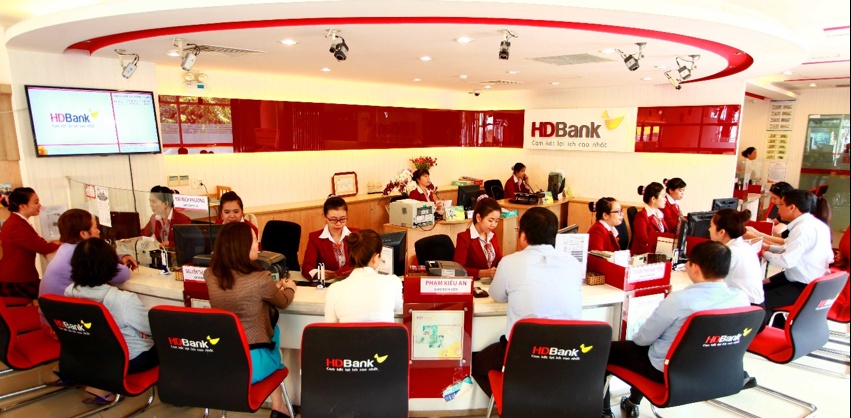
Tough year expected for banks in 2023
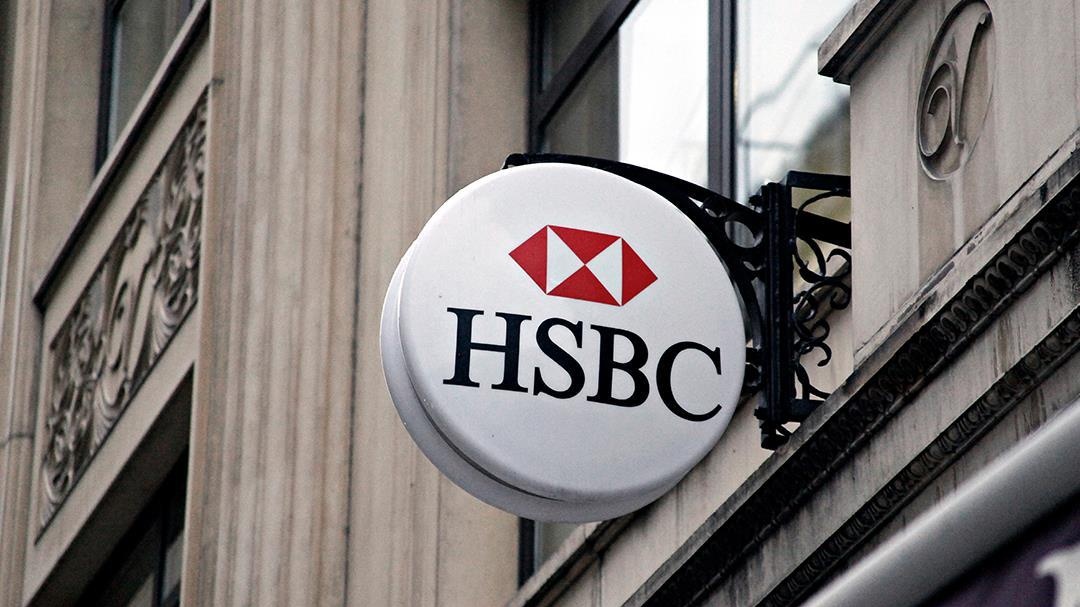
Vietnam’s Hiking Cycle Under Way, HSBC Says

Amazon Global Selling Vietnam Reveals its 2022 Vietnam SMEs Empowerment
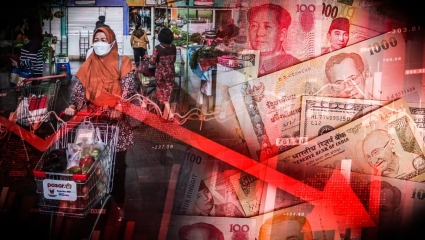
Asia Economies to Benefit from China’s Opening in Second Half 2023
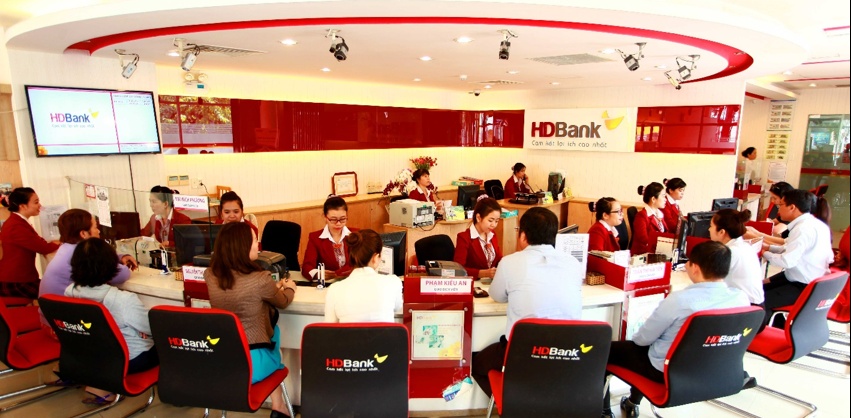
One More HDBank Leader Registered to Buy HDB Shares
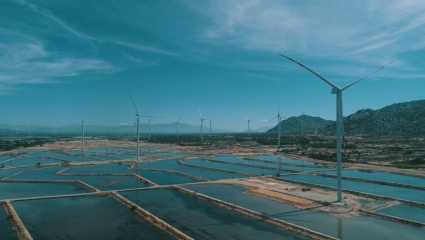
Sign of a Loan Agreement for Ninh Thuan Province Onshore Wind Power Project
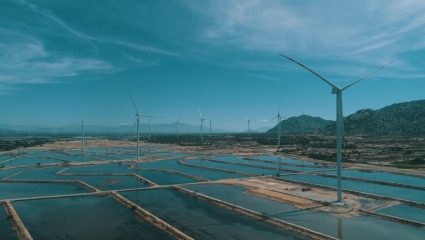
ADB, BIM Wind Sign $107 Million Financing Package to Support Wind Energy in Viet Nam
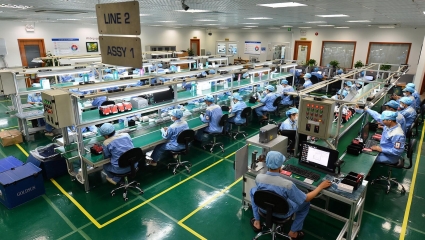
International Agreement to Support Vietnam’s Ambitious Climate and Energy Goals
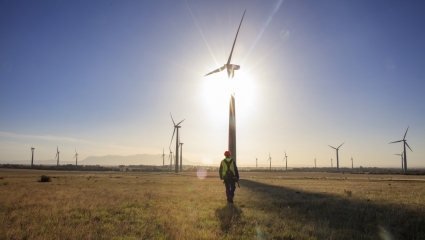
Vietnam to Receive $15.5 billion for Energy Transition
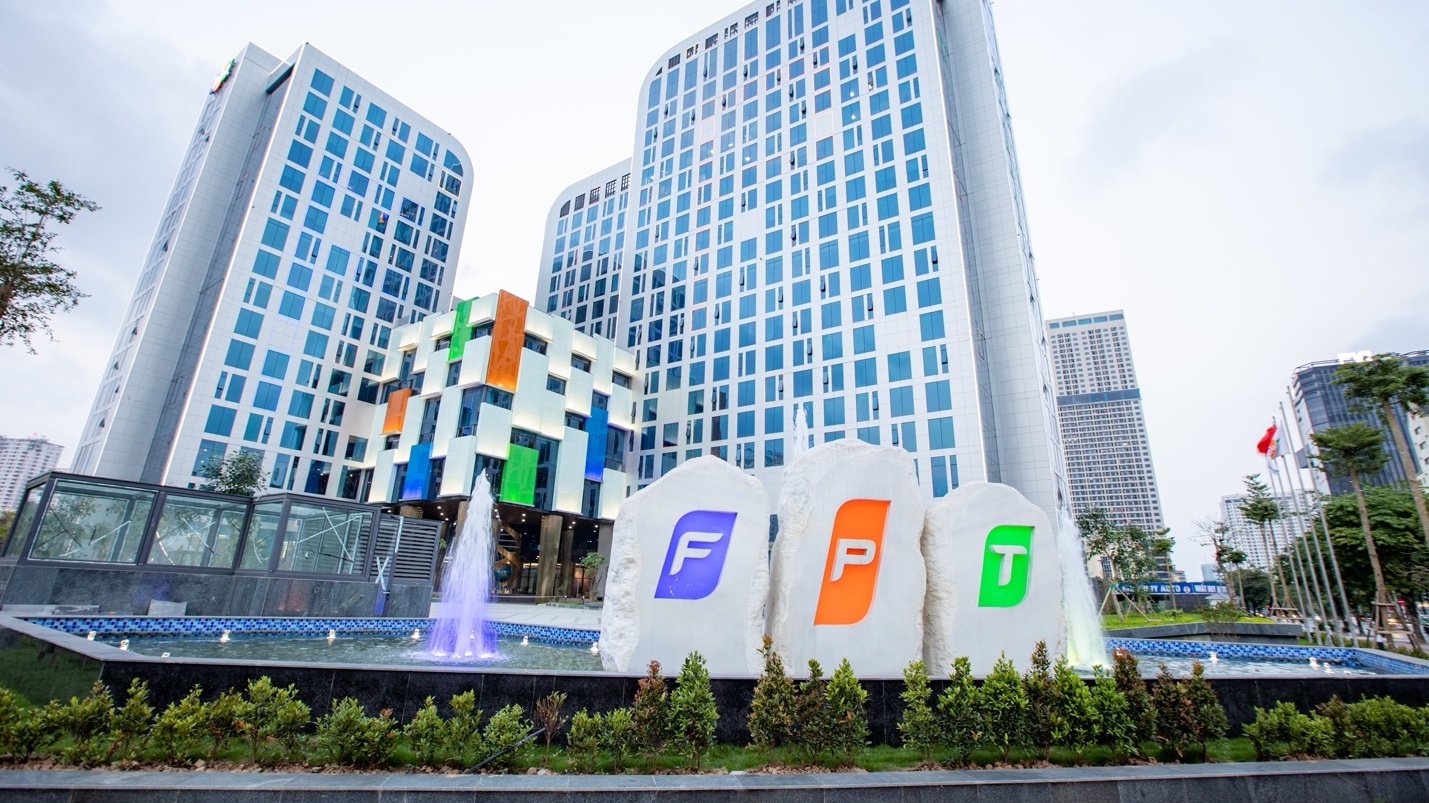
FPT Announced Business Results in the 11 Months of 2022
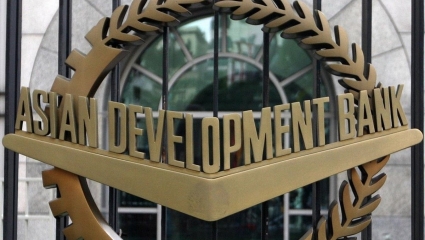
ADB Lowers Growth Forecast for Developing Asia amid Global Gloom

Amazon Announces its Biggest Holiday Shopping Weekend Ever
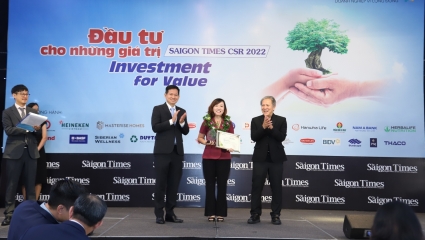
Unilever Vietnam to Consolidate the Position in Circular Economy

HSBC: The Vital Role of Voluntary Carbon Markets

Archetype Group Celebrated 20 Years of Growth
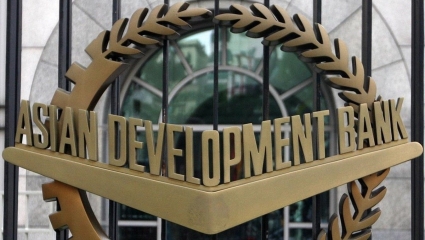
ADB, HAYAT KIMYA to Support for Women and Children’s Lives in Vietnam
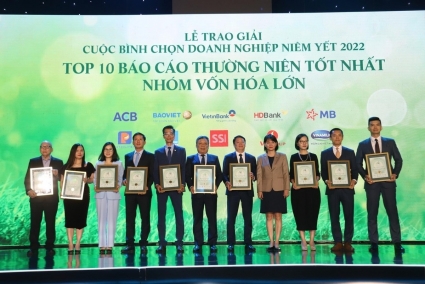
HDBank is the Large-Cap Listed Company With the Best Annual Report 2022
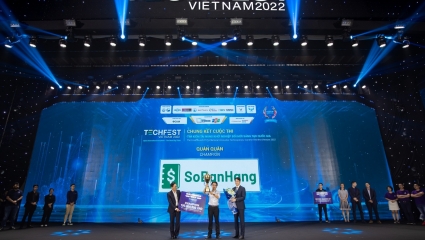
Sobanhang Excellently Won the Champion of National Innovative Technopreneur Contest
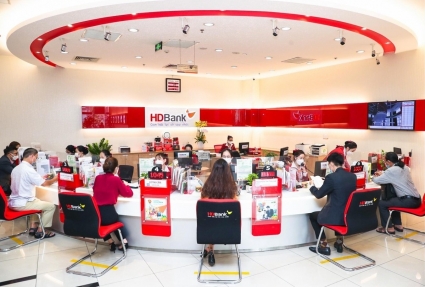
General Director of HDBank Continues to Rregister to Buy 1 Million of HDB Shares
